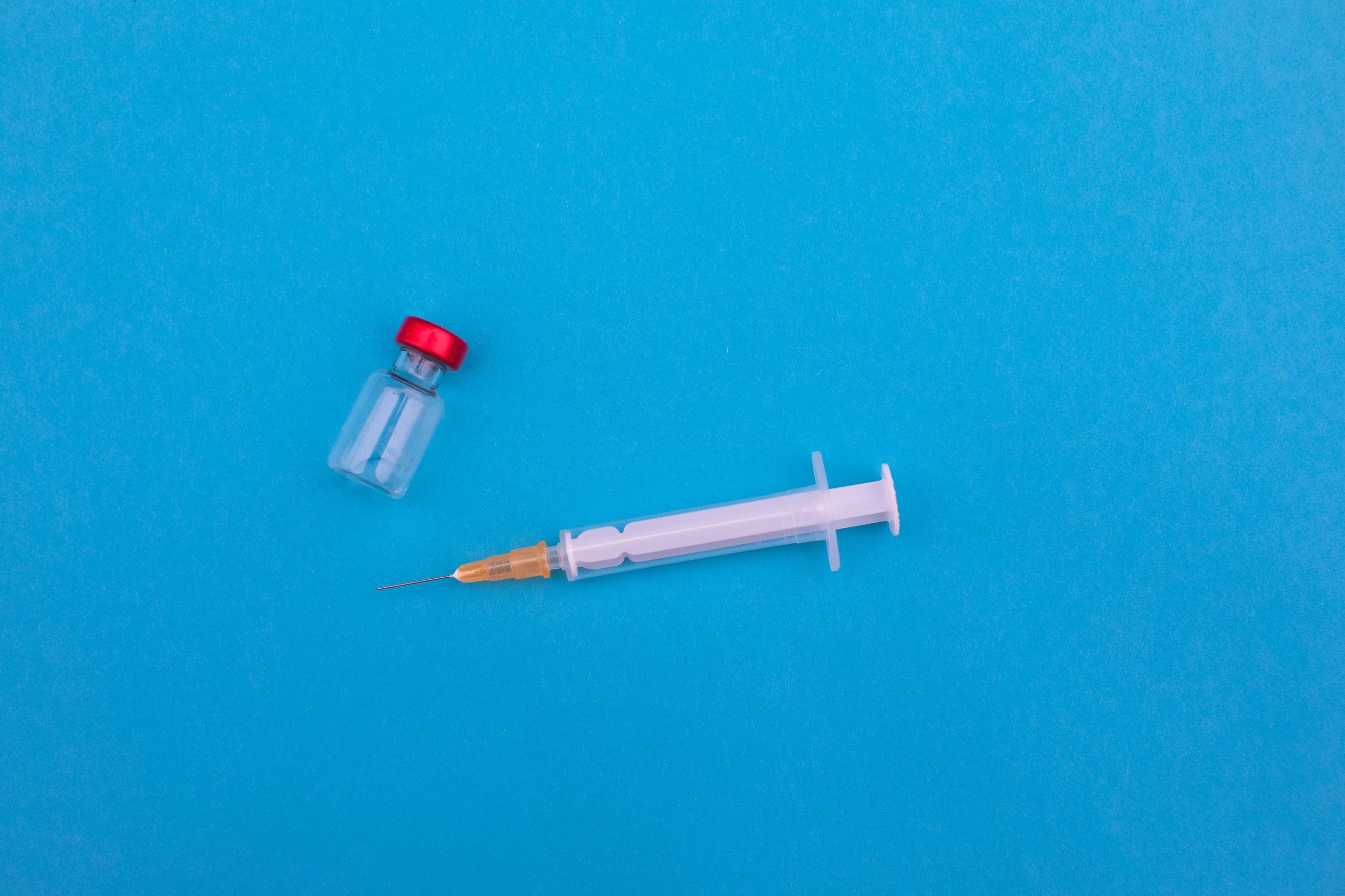By: YoonHyun Cho
So, you took the Covid-19 vaccine, and now you are worried you may have developed rare but severe side effects. If this sounds like you; you are not alone. Earlier this month, the Public Health Agency of Canada unveiled the long-awaited Vaccine Injury Support Program, which will assist Canadians who have received a Health Canada-approved vaccine and have been diagnosed with “a serious and permanent injury.”[1] To better understand what constitutes a “serious and permanent injury,” this blog post will look at some of the most commonly reported side effects and “serious and permanent reactions,” as well as the Vaccine Injury Support Program.
Common Side Effects After Vaccination
Some of the most reported common side effects of a Covid-19 Vaccine include “soreness at the injection site, exhaustion, headache, muscular pain, chills, joint pain, and fever.”[2] These side effects were more common after the second dose and occurred within three days of vaccination, lasting an average of one to two days. Furthermore, such side effects were more common following the second dose of vaccines requiring two doses, such as Pfizer and Moderna.[3]
As a result, if you recently received a COVID-19 vaccination in Canada, you are likely to have experienced one or more of these side effects following the first or second dose. These symptoms, in fact, are common indicators that your body is preparing to defend itself and develop immunity. While it may make routine tasks difficult, they should go away after a few days. As a result, some negative side effects, such as fatigue and headaches, are required for an effective immune response and can be referred as “the positives about feeling bad.”[4]
“Severe and Permanent” Side Effects of a Covid-19 Vaccine
Signs of a “severe and permanent” allergic reaction of a Covid-19 Vaccine can include difficulty breathing, swelling of your face and throat, a fast heartbeat, a bad rash all over your body and dizziness and weakness.[5] According to a CBC News article published on June 5, 2021, the new program will define “serious and permanent injury” as “a severe, life-threatening or life-altering injury that may require in-person hospitalization, or a prolongation of existing hospitalization, and results in persistent or significant disability or incapacity, or where the outcome is a congenital malformation or death.”
As of June 18, a total of 7,408 Canadians had reported adverse events related to COVID-19 vaccination. This translates to approximately three people reporting one or more adverse effects for every 10,000 vaccination recipients.[6] Furthermore, the Centers for Disease Control and Prevention (CDC) reported that approximately 0.6 percent of all vaccination-evaluated participants in the United States had a significant adverse reaction to the Covid-19 vaccine.
To date, 15 incidents in Canada have resulted in a “serious and permanent injury”. Some individuals have reported swelling of the lymph nodes in one armpit (11percent after the first dose, 16 percent after the second dose), leading to false-positive results. Such symptoms usually start 2-4 days after immunization on the side where the patient received the vaccine and resolved within two weeks.[7] As a result, while severe vaccine reactions are extremely uncommon, they do happen.
Vaccine Injury Support Program and Conclusion
This month, Health Canada launched the Vaccination Injury Support program, which would provide monetary compensation to people who have suffered a “serious and permanent injury” after receiving a Health Canada-authorized vaccine in Canada on or after December 8, 2020. While applications for Canada’s vaccine injury support program are now open, two conditions must be met. That is, the individual must have received a vaccine approved by Health Canada in Canada, and the side effects must be “severe and permanent.” Understanding how Canadian law treats and defines “severe and permanent side effects” in comparison to more common side effects is therefore critical and can help you navigate your legal rights in advance.
Disclaimer: The information provided in this response is for general informational purposes only and is not intended to be legal advice. The content provided does not create a legal client relationship, and nothing in this response should be considered as a substitute for professional legal advice. The information is based on general principles of law and may not reflect the most current legal developments or interpretations in your jurisdiction. Laws and regulations vary by jurisdiction, and the application and impact of laws can vary widely based on the specific facts and circumstances involved. You should consult with a qualified legal professional for advice regarding your specific situation.
[1] U.S. Food & Drug Administration. (2020). Pfizer-BioNTech COVID-19 Vaccine. Website: https://www.fda.gov/emergency-preparedness-and-response/coronavirus-disease-2019-covid-19/pfizer-biontech-covid-19-vaccine
[2] Ibid.
[3] Ibid.
[4] Jonathan Sprent and Cecile King. Science Immunology 22. (2021). COVID-19 vaccine side effects: The positives about feeling bad. Retrieved from the Government of Canada website: https://health-infobase.canada.ca/covid-19/vaccine-safety/summary.html
[5] U.S. Food & Drug Administration. (2020). Pfizer-BioNTech COVID-19 Vaccine EUA Fact Sheet for Recipients and Caregivers. Website: https://www.fda.gov/emergency-preparedness-and-response/coronavirus-disease-2019-covid-19/pfizer-biontech-covid-19-vaccine
[6] Ibid.
[7] Janyce McGregor. CBC News. Applications open for federal vaccine injury compensation. Read more: https://www.cbc.ca/news/politics/friday-covid-vaccine-injury-compensation-1.6052222

